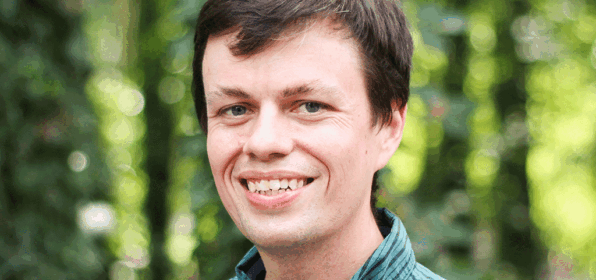Ryan’s Sobriety Anniversary

This month we sat down and talked with the Program Director, Ryan Jarrell. Passionate about young people overcoming substance abuse disorders, one of Ryan’s greatest pleasures is introducing residents to the members and concepts underpinning the wider recovery community This month Ryan will be celebrating his 10-year sobriety anniversary, so we explored what his journey has looked like and what this milestone means for him.
You’re coming up on your 10 year anniversary of sobriety. What feelings and emotions come up for you when you think about reaching this milestone?
Contemplating 10 years of sobriety is extremely difficult for me. In all honesty, I was not someone who was totally sold on the recovery process- I wasn’t sure I could get sober, and I wasn’t sure I needed to be. What was apparent was that my life circumstances were difficult and I needed to make a change. I’m very grateful for the time I’ve been sober, and I 100% believe that I could not have done this on my own. In many ways, and as dissatisfying as this may sound, I believe I was simply lucky. I’ve seen too many people die to think any differently.
What has your journey looked like over the last 10 years? How has your role at GHR played into/affected your journey?
My journey has been varied, and not indifferent from a decade in many people’s lives. In sobriety I’ve suffered major losses, had relationships flourish, seen some measure of professional success as well as experienced a diverse array of failures. Sobriety has allowed me to experience a life I otherwise wouldn’t have, but that doesn’t mean I haven’t had to experience the normal difficulties that others face.
Before you got sober, did you ever think your life could be the way it is now? Why/why not?
Although not necessarily signs of centeredness in themselves, things like owning my own home and being in a committed and loving relationship for the last 10 years were things I never believed could have happened for me. Twelve years ago I was morbidly obese and suffering from substance use disorder in a mental hospital. I am trying not to be hyperbolic when I say that even being alive ten years later is in some ways still quite surprising to me.
What about your life has changed over the last 2 years? What has improved, or where have you found added value/satisfaction/happiness/etc (ex. family, social life, etc)?
Through community-based recovery groups and therapeutic services, coupled with a personal faith commitment and the seemingly inexhaustible support of loved ones, the greatest change in my life has been my ability to identify and recognize how driven my daily actions were by aversion and fear. Much of the first 25 years of my life were spent chasing a dopamine fugue state, in general retreat from the universe’s circumstances. Being able to be whole and intimate in relationship with others is something I’m able to do more regularly, albeit imperfectly.
If you could speak to someone contemplating recovery, what would you say to them? What advice would you give?
In terms of recovery, I would simply ask them “What do you have to lose?”.
